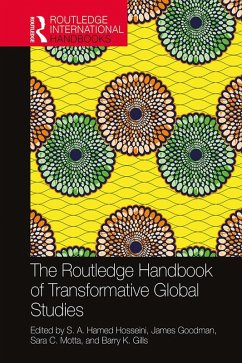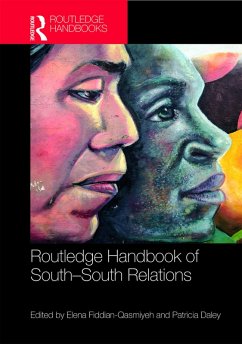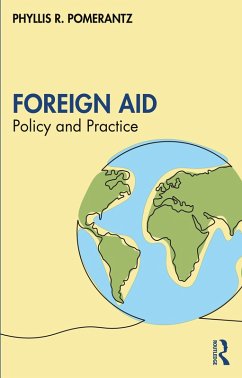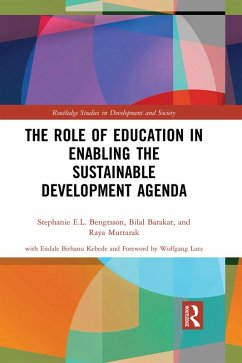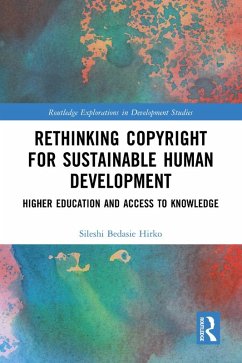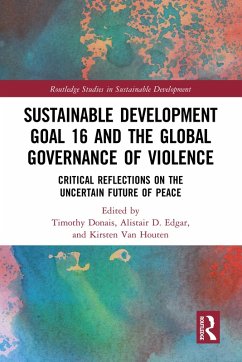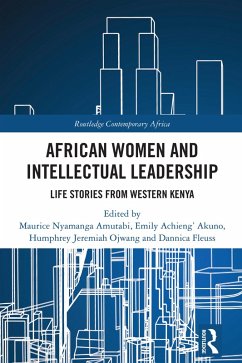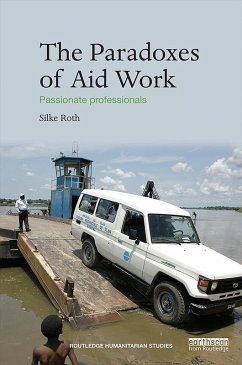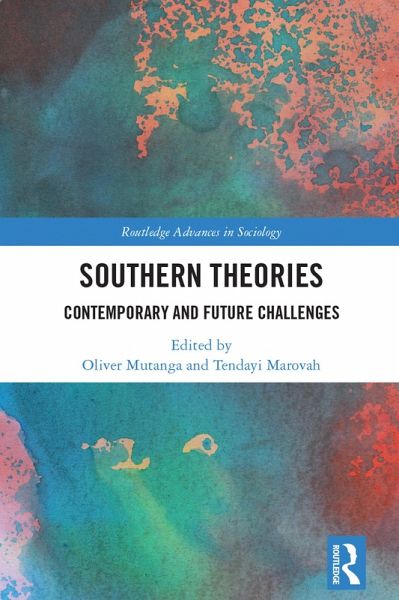
Southern Theories (eBook, PDF)
Contemporary and Future Challenges
Redaktion: Mutanga, Oliver; Marovah, Tendayi
Versandkostenfrei!
Sofort per Download lieferbar
42,95 €
inkl. MwSt.
Weitere Ausgaben:

PAYBACK Punkte
21 °P sammeln!
This book critically explores Global South perspectives, examining marginalised voices and issues whilst challenging the supremacy of Global North perspectives in literature. The unique value of this book lies in its extensive coverage of various Southern challenges, including disaster management, climate change, communication, resilience, gender, education, and disability. It also underscores the relevance of indigenous philosophies such as animism, Buen Vivir, Buddhism, Confucianism, Daoism, Neozapatism, Qi vitality, Taoism, and Ubuntu. Stemming from regions as diverse as Sub-Saharan Africa,...
This book critically explores Global South perspectives, examining marginalised voices and issues whilst challenging the supremacy of Global North perspectives in literature. The unique value of this book lies in its extensive coverage of various Southern challenges, including disaster management, climate change, communication, resilience, gender, education, and disability. It also underscores the relevance of indigenous philosophies such as animism, Buen Vivir, Buddhism, Confucianism, Daoism, Neozapatism, Qi vitality, Taoism, and Ubuntu. Stemming from regions as diverse as Sub-Saharan Africa, Asia, and Latin America, these philosophies are brought into public discourse. By demonstrating their practicality in designing intervention programs and influencing policy-making, the book fills a critical gap in global Southern literature while promoting context-specific knowledge for improving well-being in the Global South contexts. This book's content resonates with a diverse audience, encompassing students, academics, researchers, NGOs, and policymakers from postcolonial states in the Global South and those from Global North countries.
Furthermore, it is highly relevant to communities within the Global North that mirror the Global South - those grappling with equity issues for indigenous populations. It has a versatile appeal that transcends disciplinary boundaries, encompassing cultural studies, sociology, international development, philosophy, and postcolonial studies, thus making it accessible to all educational levels. It holds particular interest for those in development studies, indigenous studies, government departments globally, international organisations, and universities worldwide.
Furthermore, it is highly relevant to communities within the Global North that mirror the Global South - those grappling with equity issues for indigenous populations. It has a versatile appeal that transcends disciplinary boundaries, encompassing cultural studies, sociology, international development, philosophy, and postcolonial studies, thus making it accessible to all educational levels. It holds particular interest for those in development studies, indigenous studies, government departments globally, international organisations, and universities worldwide.
Dieser Download kann aus rechtlichen Gründen nur mit Rechnungsadresse in A, B, BG, CY, CZ, D, DK, EW, E, FIN, F, GR, HR, H, IRL, I, LT, L, LR, M, NL, PL, P, R, S, SLO, SK ausgeliefert werden.





